
One of the perks of being one of the most brilliant filmmakers to ever pick up a camera is that you don’t have to sugarcoat your opinion regarding anybody in the business. If there was anything consistent with Ingmar Bergman is that when it came to judging the work of his peers, he never kept an opinion for himself — for better or worse. He didn’t bite his tongue even when passing sentence on some of the most celebrated directors of his time — Alfred Hitchcock ‘completely infantile’ and Orson Welles a ‘total hoax’.
But through his unfiltered bluntness, Bergman’s praise rang truer than any other director, especially when championing other movies, which he didn’t hesitate to do either. As controversial as his takes might have been, one thing is undisputed — you’d be hard-pressed to find a higher authority in the matter than Bergman, who not only was a genius himself but a fervid cinephile well-versed in the history of the seventh art.
During the Goteborg Film Festival in 1994, the Swedish master personally curated a list with his ten favorite films of all time. All have been assembled here — most entries are bona fide classics, some self-explanatory and others quite surprising. With no further ado, let’s dive in and take a look at ten films blessed with Ingmar Bergman’s seal of approval.
1. Andrei Rublev (1966)
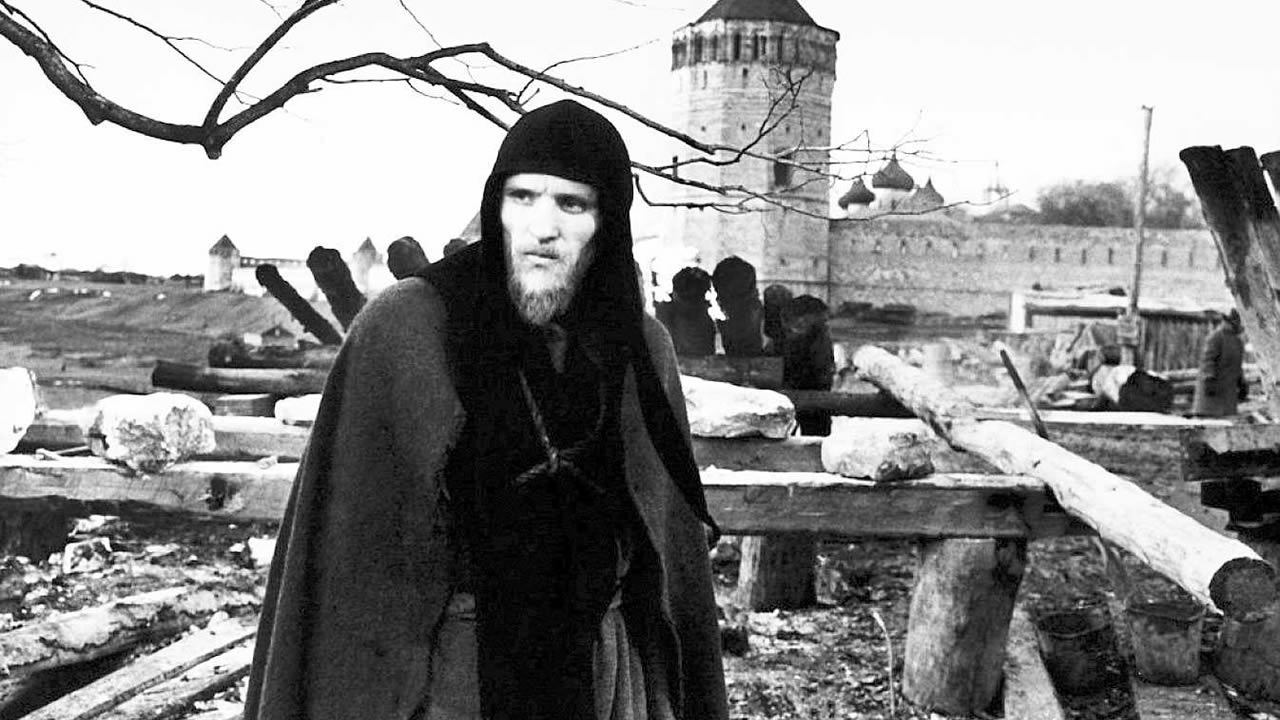
“Tarkovsky is for me the greatest, the one who invented a new language, true to the nature of film, as it captures life as a reflection, life as a dream.”
Arguably no director has ever reached the heights of Andrei Tarkovsky — often pitched against Bergman as two unrivaled giants of the medium who also happened to be each other’s idols. “He moves with such naturalness in the room of dreams. All my life I have hammered on the doors of the rooms in which he moves so naturally.” Just like Bergman, the Soviet auteur wrestled at length with his own religious and metaphysical concerns through his work — leaving a string of contemplative and insightful masterpieces.
In this historical epic, Tarkovsky recounts the spiritual endeavors of a 15th century icon painter — perfectly capturing the power of art as the greatest source of hope and inspiration known to mankind. Tormented by foreign invasions and political turmoil, Rublev struggles to follow down his path, burdened with his talent and consumed by his work before being encouraged by the works of a younger artist.
“Suddenly, I found myself standing at the door of a room the keys of which had, until then, never been given to me,” Bergman said of first experiencing the film. “I felt encouraged and stimulated: someone was expressing what I had always wanted to say without knowing how”.
2. Rashomon (1950)
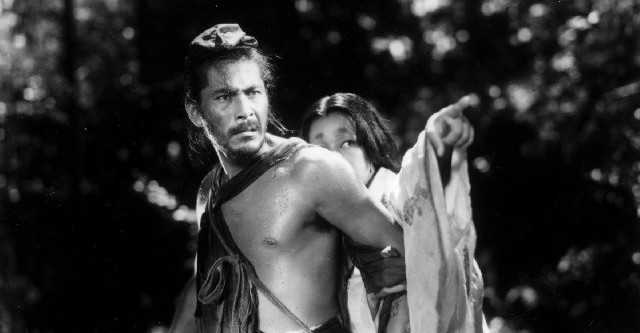
“I love and admire Tarkovsky and Fellini. But I also feel that Tarkovsky began to make Tarkovsky films and Fellini began to make Fellini films. Yet Kurosawa never made a Kurosawa film.”
If there’s a common denominator that ties Bergman’s extensive oeuvre together, it’s the inherent cynicism — if not outright nihilism — that permeates most of his films. As a director, he repeatedly mirrored his own existential dread and bitterness in bleak ruminations on faith, death and violence. Bergman was, above all, obsessed with finding an ever-elusive truth that could erase all of his inner doubts.
Truth, or lack thereof, is at the center of this timeless classic by Japanese master, Akira Kurosawa. A story is told through four different points of view — each one contradicting the last. A samurai is murdered and his wife presumably raped by a bandit. As we hear four different characters recount the tragedy, we’re left with an unreliable set of evidence and lack of closure. Whose story is the story? The term ‘Rashomon effect’ has ever since earned its place in the cultural lexicon, inviting us to question the objectivity of truth and the inherent biases that cloud our judgement.
Bergman was supposed to collaborate with Kurosawa (and Fellini) in an anthology film, but the latter couldn’t leave Japan due to his health and the project was canned. Still, Kurosawa’s influence can be felt in some of his works, especially The Virgin Spring. “Now I want to make it plain that Virgin Spring must be regarded as an aberration. It’s touristic, a lousy imitation of Kurosawa. At that time my admiration for Japanese cinema was at its height. I was almost a samurai myself!”
3. La Strada (1954)
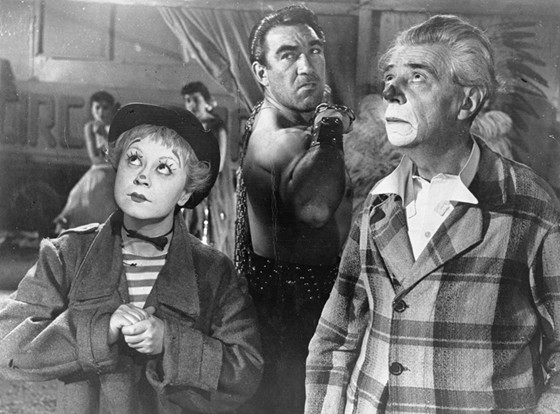
“Directing is more fun with women. Everything is.”
Ingmar Bergman can’t be understood without his muses. In a male-centric industry, no director — at least one of his stature — championed women as thoroughly as him. The Swede always strived to craft compelling female characters with complex and fleshed-out personalities, ones that ultimately stood by their own rather than serve as mere sidekicks to their male counterparts. From Liv Ullmann, Bibi Andersson and Ingrid Thulin, Bergman had the privilege of working with an embarrassingly stacked lineup of actresses that masterfully brought them to life.
Courtesy of another all-time director — one born and bred in the heights of Italian Neorealism — La Strada is anchored by the enchanting presence of Giulietta Masina (common collaborator and wife to Federico Fellini). Her tragic character is doomed to endure constant abuse and hardships after being purchased by an inconsiderate circus strongman. Finding the purpose of her suffering and her duty as an artist proves to be the emotional backbone of the movie — a theme that easily resonated with Bergman who is no stranger to portraying their spiritual endeavors.
“I have a great admiration for Fellini. He’s enormously intuitive, the heat from his creative mind, it melts him. He is burning inside with such heat. I feel a sort of brotherly contact with him, he is said to be enchanted by my films. The experience is mutual.”
4. Sunset Boulevard (1950)
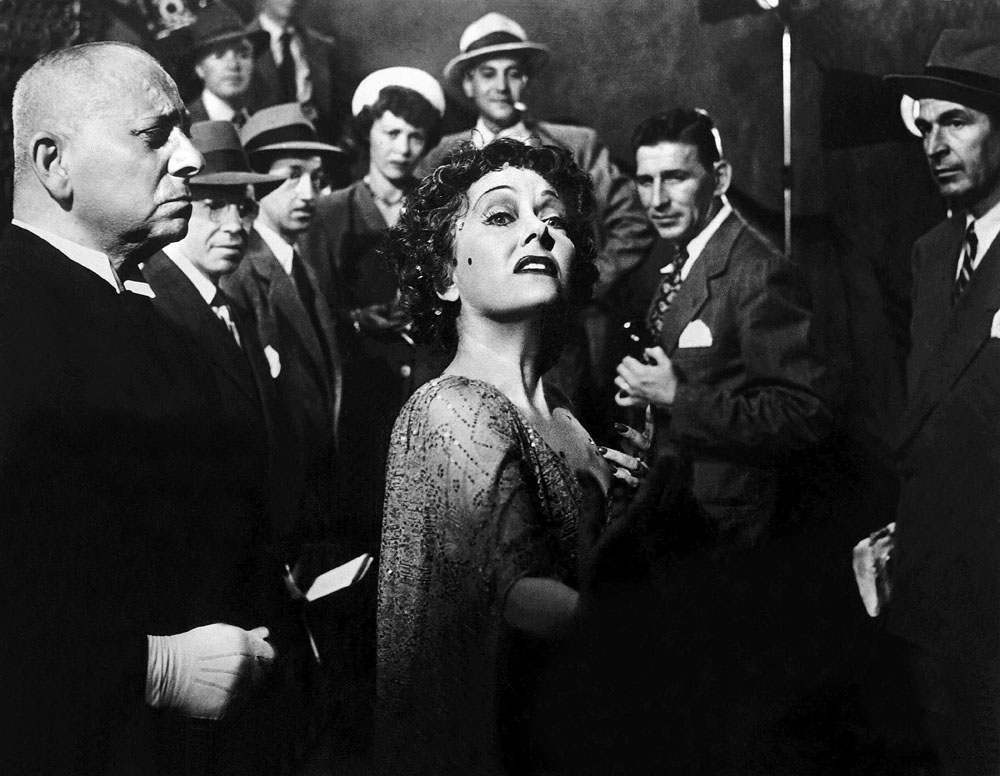
After World War II, Hollywood — which once held cinema’s unquestioned hegemony — waned in quality under the dying studio system that ostracized talent in favor of conventionality and commercial escapism — a crisis it wouldn’t recover from until the early 70’s.
This created a power vacuum that gave room for the rest of the world to catch up. At a time where artists from all around the globe like Fellini, Antonioni, Kurosawa or Bresson — not to mention Bergman himself — kept pushing the frontier of cinema as art with groundbreaking masterpieces, America saw itself completely eclipsed and outdated.
Sunset Boulevard seems like a perfect swan song — one last classic belonging to America’s Golden Age. Fittingly, Billy Wilder’s movie follows a former actress from the silent era who refuses to come to terms with her own twilight. Completely detached from reality, she isolates herself within the confines of her luxurious mansion as if forever stuck in the past. There’s a sense of decay around the whole city of Los Angeles, like an empire on the brink of collapse, still yearning for an era long gone. The unrelenting machine that keeps it alive claims another victim and — as is the case with most movie stars — dooms her to live the rest of her life in obscurity.
5. The Phantom Carriage (1921)
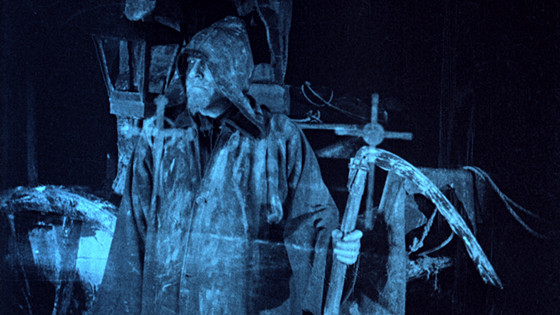
Arguably no film had a bigger impact on Bergman, both growing up and later as a filmmaker as Victor Sjöjström’s silent classic. The Swede fell in love with the film as a teenager after his father — a Lutheran pastor — screened it for his confirmation class. Bergman remembered it fondly as “one of the great emotional and artistic experiences in my life”. Later on, as a wannabe director, he hunted down and bought a rare 16mm copy of the film and proceeded to religiously watch it on a yearly basis.
Themes of guilt, hatred and death all heavily featured in Bergman’s work can also be found in The Phantom Carriage. The biggest inspiration comes in the form of the scythe-wielding grim reaper who nonchalantly appears to those on the verge of death — practically mirroring the one Antonius Block challenges to a chess match in The Seventh Seal. The film plays like a reimagined take on A Christmas Carol — following David Holm, a self-destructive, bitter man filled with hatred after being abandoned by his wife.
Sjöjström served as a key mentor figure for Bergman, showing him the ropes and later starring in two of his films including Wild Strawberries. “Getting to know Victor — first through his pictures and then by meeting him in person — was to me a tremendous personal experience.”